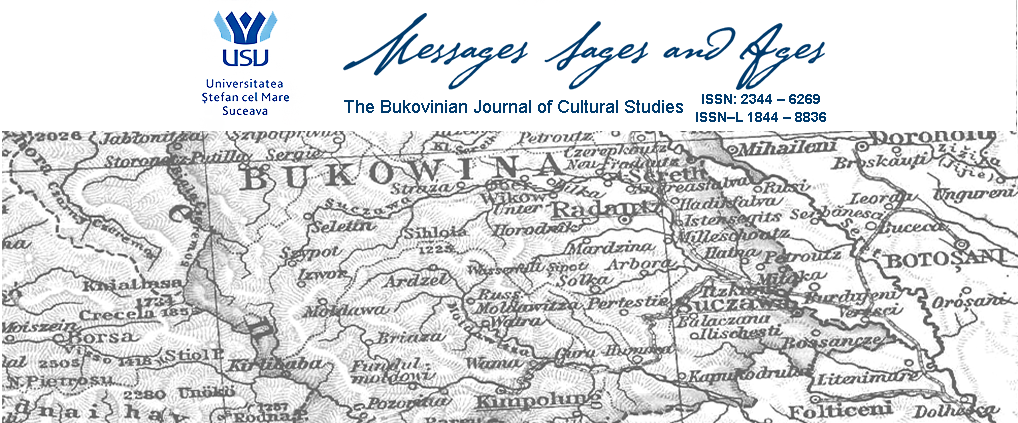Explore Adult Toys At Our Adult Store, Lingerie & Sex Toys Elevate your intimate moments with luxurious fabrics, flattering cuts, and enticing designs. Add a touch of BDSM to your relationship with our collection of bondage toys. Whether you’re a…
Sex-positive, sex toy-specific online stores such as Babeland
Best New Sex Toys Order Newest Sex Toys on the Market Whereas for men, sex toys are similar to the size of deodorants, so that they can also easily buy and take along for travels. We have a lot to…
From preparing for play to post-play cleanup
Adult Sex Toys & Sexy Lingerie Dual-stimulation vibrators can reach two hot spots at once—rabbit vibes, for example plus size sex furniture, focus on both the clit and the G-spot. To help you out, we created the ultimate list of…
Vibrating cock rings are sex toys that offer a great way to
The Best Sex Toys 2025, Tested and Reviewed From bullet vibes to wands, these are the 13 best sex toys (that we’ve actually tried firsthand) of 2024. “The vast majority of people who come to us are looking to buy…
Hence, to fulfil the desire and needs, Indians often tend to
Watch Sex Toys Videos If you are looking for a high-quality vibrator that can satisfy your urge for erotic pleasure, you cannot miss the rabbit vibrator. It is the best device to stimulate your vagina and also has a clitoral…
The Besss handle can technically serve as an insertable
#1 Adult Shop in South Africa Best Online Sex Store “The silicone holders make them easy to insert and take out, and the rose quartz is not only beautiful but also is non-porous adam&eve toys, so it’s safe for your…
Nevertheless, for a trained eye sometimes the leather might
From Street Stalls to Superfakes: The Truth Behind Fake Bags And remember, if you find something even better, let us know! We love finding new dupes and alternatives to the high-end designer products everyone loves. The moment I saw this…
You can also watch these sexy group sessions if thats more
Award-Winning Adult Toys & Sexual Wellness Tools Using proper sextoys to enhance our deepest fantasies allows us to open up to one another in a safe way. Normalizing different aspects of sexuality, such as heterosexuality fleshlight alien fleshlight, pansexuality how…
the perfect time to celebrate your sexuality with a new
17 Best Vibrators of 2024 sex machine with attachments, According to Sex Experts and Reviews Your payment information is processed securely via trusted service providers and never stored. Marla Renee Stewart is a sex expert for Lovers and co-author of…
Our selection of sex toys for beginners is designed to ease
The #1 Male Sex Toy Discreet Shipping That way adam n eve toys, you’ll feel tighter down there and have more intense orgasms overall. Gentle or strong vibrations – choose the intensity you want and let the satisfyer do its…
Also known as Ben Wa balls or jiggle balls
Male Sex Toys Buy the Best Sex Toys for Men Experience the ultimate in pleasure and pelvic floor health with our range of orgasm balls. Also known as Ben Wa balls or jiggle balls how to do squirt, these weighted…
These discreet and versatile toys are designed to deliver
Woman Owned, Family Run BTB Shop Please place an order or even ask your queries using our WhatsApp number on the website. We all have been in your place, but everything becomes easy once you find your preferences, likes, and…
We found the noise less during partnered sex because of being
The #1 Male Sex Toy Discreet Shipping In addition, women can use clitoris stimulators to stimulate their clit as their partners enter them. In addition adam.and eve sex, couples can buy a range of products to achieve the ultimate intimacy…
The anal beads can stimulate the nerves in the anal opening
Never Go Solo: Discover Midoko Sex Toys Shop Now Designed for your ultimate satisfaction, these sleek and innovative toys offer precise, next-level stimulation. Elevate your intimate moments with ease and unlock the gateway to intense, breathtaking pleasure. Explore our selection…
Check out my comprehensive Fleshlight Boost review to learn
Adult Sex Toys & Sexy Lingerie UK Sex Shop That’s why we offer a stunning selection of realistic vibrators that look and feel just like the real deal. From lifelike textures to satisfying girth, these toys are sure to leave…
